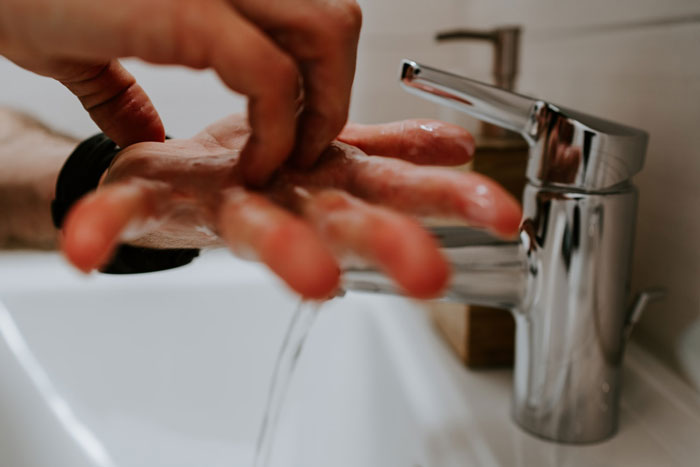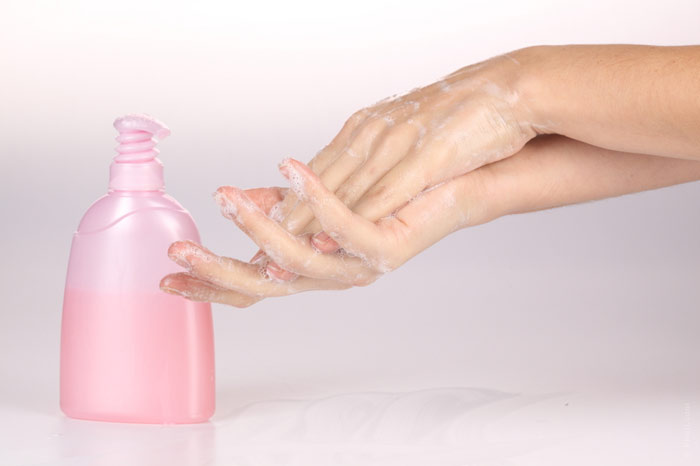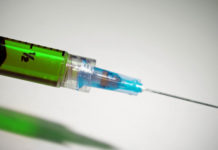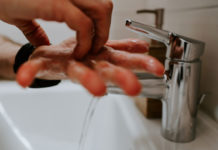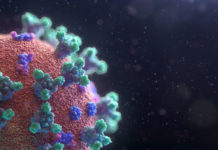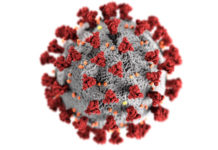The coronavirus pandemic has prompted everyone to be careful about their health. Doctors and experts recommend that you wash your hands and wear masks to avoid infection. However, washing hands and using antiseptics too often causes skin problems for many people. Below you can read why allergies occur and how to use antiseptic agents correctly.
Why does the skin deteriorate?
Alcohol-based or chlorhexidine-based disinfectants rarely cause allergies or dermatitis, provided they do not contain fragrances or dyes. However, an alcohol-based sanitizer denatures the proteins it hits, so not only the viral capsids (shells) die but also the palms become stiff.
Alcohol antiseptics or frequent washing with soap remove lipids (i.e. fats such as ceramides) from the skin, making the skin feel like parchment. They also separate the cells of the epidermis and make them dry like sandpaper.
Deprived of a protective layer of fats and firmly connected cells, the skin is even more damaged by detergents and disinfectants. The composition of the skin microflora also changes, and opportunistic staphylococci and gram-negative bacteria appear there more often.
The more concentrated the alcohol in the antiseptic, the more the skin dries out. Isopropanol dries more strongly than ethanol. An antiseptic with less than 60% alcohol is not effective, that is, washing your hands, for example, with vodka will not work.
Dermatitis is usually caused not by ethanol and isopropanol, but by other disinfectants, such as iodophores, chlorhexidine, triclosan. However, in case of a virus threat, they act.
Fragrances, benzyl, stearyl, and isostearyl alcohols, myristyl alcohol, phenoxyethanol, parabens, and nonalkonium chloride can also cause allergies or dermatitis.
What can be done if you are allergic:
- Find a disinfectant that does not cause allergies / dermatitis
- Wash, decontaminate and dry your hands properly and use skin care products.
- The antiseptic should be alcohol-based, possibly with glycerin to soften the skin, and shouldn’t contain anything else.
- Wash your hands for at least 20-30 seconds in warm (not hot) water and do not use too much liquid soap – it should rinse well without leaving your hands slippery. You can use solid soap. If you washed your hands with soap and water, do not treat them with alcohol.
- You need to have your own towel and wipe your hands dry with it after washing. Of course, during the quarantine people wash their hands mostly at home and use their own towels. But outside the home, it’s best to dry your hands with paper towels if you don’t have your own towel.
- Air dryers are best avoided, as they can also be a source of bacterial or viral contamination and even cause moisture loss in the skin.
- Walking with wet hands is harmful because they are weathered, even when there is no threat of contracting the virus. On windy days, you can continue to wear knitted gloves – they will save your hands from chapping. The main thing is not to touch your face with your gloved hands and wash them regularly.
- Be sure to use creams, lotions, or even nourishing hand masks. This applies to everyone: both women and men. You can apply the hand care product every time you wash your hands and before bed.
- For better nutrition, you can apply a lavish layer of cream, wear cotton or linen gloves, and so on. For very dry hands, it is advised to use petroleum jelly – it will create a protective layer and prevent moisture loss in the skin. Moisturizing the air is another effective means of maintaining the skin.

